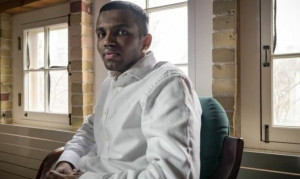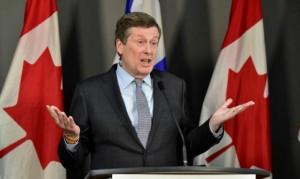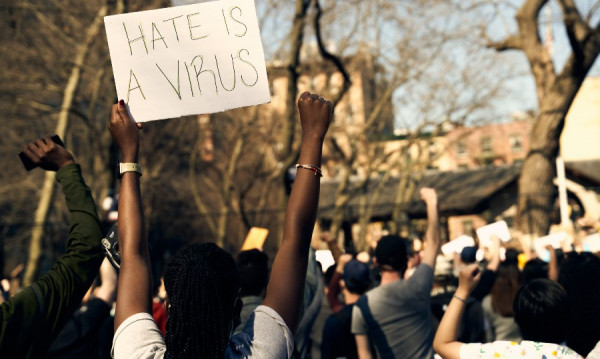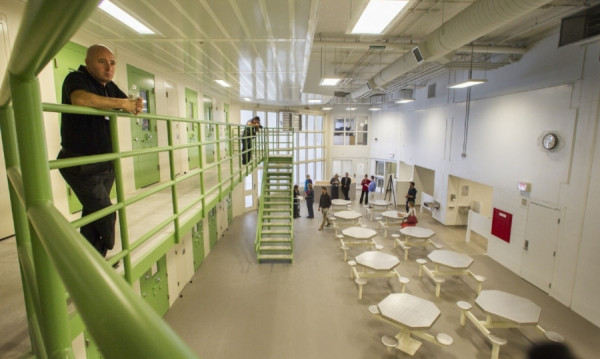With the recent spate of shootings in very public areas like Kensington Market and King and Queen West, there seems to be more talk of “taking back our streets” from the barbarian hordes at our gates than ever before…or at least in a long time. The media seemed to have a field day with the murders of Toronto rap artist “Smoke Dawg” and his friend “Koba Prime” outside Cube nightclub last week.
It was strange to me that, at the time, every media outlet reporting on the story made sure that everyone who was paying attention knew that “Smoke Dawg” was a rapper. I mean, they really wanted you to know that. The connotation implied that being a rapper was somehow directly related to his death, which, at the time, nobody could know. It was also a little disrespectful to me that none of these reputable news agencies, up until recently, had deemed it necessary to use the victims given names in any of their written articles, which sort of made them sound like cartoon characters instead of someone’s son or sibling. If you are going to make their outside pursuits a part of the story involving their murders, why not memorialize them, instead of dropping the “rapper” title into your article as if somehow being a rapper made their violent deaths some foregone conclusion? If we must make rap careers the focus of gun violence stories, then let’s not forget to humanize them while we are at it. Here’s an example…
“Jahvante (Smoke Dawg) Smart was a beloved son and a father. He was a talented rap artist who was on the rader of respected media outlets like Vice magazine (who had filmed a short documentary on his career), and had opened for international superstar Drake last year on his European tour. His life was snuffed out in an incomprehensible act of violence on a public street with no consideration to the greatness he was on the verge of achieving. No consideration for the shining example he already was to people from his Regent Park neighbourhood.”
It is not surprising that these sorts of mentions were only brought forth by those who knew him best, the community he came from, and these are the descriptions of “Smoke Dawg” that are likely the most accurate and fair.
Just needed to say that.
Now here’s where the scourge of gun violence in the city becomes extra dangerous for the Black community in general. When these incidents happen within the imaginary drawn in lines of Ontario Housing complexes and “at risk” communities it’s one thing. When they happen in very cosmopolitan areas of the city, where people of diverse socio-economic backgrounds congregate, and tourists tend to visit, that gets the attention of several levels of government.
When you shoot someone at a house party in the projects, it’s news for a day. When you shoot someone on Queen West, it’s a state of emergency.
Politically speaking, there are basically two streams of thought regarding the best way to deal with the issue of gun violence. The deployment of social programs and social workers into communities where they are most adversely affected by gun violence, to battle the societal conditions that contribute to feelings of anti-social behaviour and alienation that lead to gangs, and by extension, guns. Then there is the “tough on crime” stance which is basically heavy handed police presence in these communities, harsher sentences, and I presume, packed prisons. In response, Mayor Tory, a person on record as both not believing in White privilege and being pro-carding, has made some comments that are pretty telling with regard to where he stands on that line.
“I made it clear that I expect the police will do everything possible to root out the thugs responsible for this violence and send a message that we will not tolerate this reckless disregard for life in our city. I again assured the chief that the city will provide any resources he needs to help address this violence,” — Mayor John Tory
Premier Doug Ford, who mentioned his preference for TAVIS-style enforcement at an impromptu meeting with the Somali community last year, backs up the mayor with his own statements on the matter.
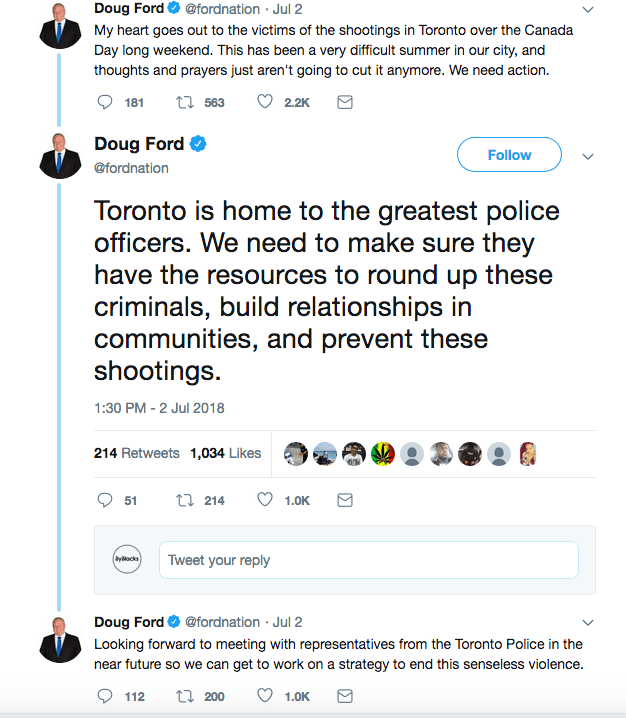
Whenever you have conservative politicians make statements like “root out the thugs” and “round up these criminals” while injecting talk of giving police all the resources they need to do so, you just know who they are talking about and what that really means. When Premier Ford says he wants police to “build relationships in communities,” do you wonder what communities he’s referring to? Are they rooting out these “thugs” on King or Queen West? If someone gets shot outside a club in Yorkville, will they deploy a TAVIS-style police presence with body armour and tactical weapons on Yorkville Boulevard?
We are living in the age of the “right-wing swing,” where both municipal and provincial levels of government are being held by Conservatives who favour reactionary police-state-style solutions, with more people in prison for longer periods of time. They aren’t that into proactive social justice initiatives that are focused on early intervention, or a kinder, gentler form of community policing. That’s too “hug-a-thug” for them. Even though programs like the Montreal Prevention Program have statistically been proven to work in other cities around the world. In fact, there are a whole slew of social programs that have been proven to work. Unfortunately, they just aren’t as optically easy to point to for politicians trying to score (or scare) instant points for voters looking for the immediate appearance of something useful being done. The optics of something like Carding and paramilitary-style policing are much easier to sell. So anytime there is a conversation about gun violence in this city, especially if it relates to Black people, rappers or otherwise, the danger is double-fold.
Because when the guns go off in places they typically aren’t supposed to, whether we’re the victims or the shooters, we as a group are somehow going to be implicated.

 By
By 

